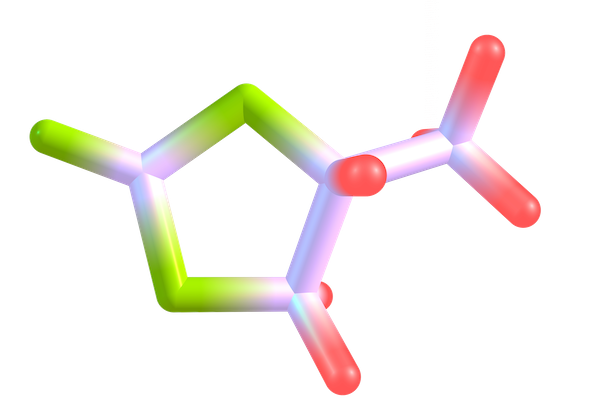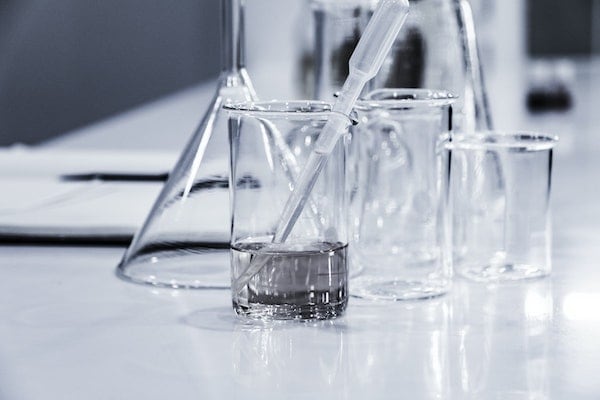Products
Propylene Carbonate
SMC Global is a leading supplier of Propylene Carbonate, a versatile and economical VOC-exempt solvent extensively used for commercial and industrial use.

What is Propylene Carbonate?
Propylene Carbonate is a polar aprotic solvent used as a “green” sustainable alternative solvent for chemical transformations. It is a low toxicity, biodegradable, non-corrosive colorless liquid with a high boiling point, low vapor pressure, and EPA VOC exemption.
Due to its low vapor pressure and findings of negligible photochemical reactivity, Propylene Carbonate is an effective substitute for more hazardous solvents such a MEK, methylene chloride, toluene, acetone, NMP, and perchloroethylene. Propylene Carbonate is also compatible with other solvents providing an efficient ingredient in co-solvent formulations. It is widely used in the manufacture of paints, adhesives, coatings, surface cleaners, degreasers, strippers, and inks formulations as well as in lithium-ion batteries, as electrolytic solvent, and in the removal of carbon dioxide from natural gas.
CAS #: 108-32-7
EINECS #: 203-572-1
Synonyms: 4-methy-1,3-dioxolan-2-one; 1,2-Propanediol cyclic carbonate; Carbonic acid cyclic propylene ester
Molecular Formula: C4H6O3
Propylene Carbonate Grades and Specifications
We supply the following grades:
|
Propylene Carbonate Grades |
Propylene Carbonate |
Propylene Carbonate Technical Grade |
|
Product Number: |
SMC Global 3581 |
SMC Global 3584 |
|
Appearance |
Colorless to light yellow transparent liquid |
|
|
Purity |
99.50 min. |
99.70 min. |
|
Moisture, wt.% |
0.050 max. |
0.050 max. |
|
Ash content, wt.% |
0.010 max. |
0.010 max. |
|
Density at 20°C g/cm3 |
1.195 – 1.205 |
1.195 – 1.205 |
|
Color APHA |
20 max. |
20 max. |
|
Propylene Glycol, wt.% |
|
0.20 max. |
Packaging and Handling
SMC Global can offer Propylene Carbonate packaged in 200 KG drums, 1100 KG, and 1300 KG IBCs and other bulk quantities with efficient and reliable logistics management.
Propylene Carbonate Safety
Propylene Carbonate is listed in The Design for the Environment (DfE) Safer Chemistry Program by the EPA as a Solvent category and indicated by the Green circle, meaning the chemical has been verified to be of low concern for human and environmental health based on experimental and modeled data

